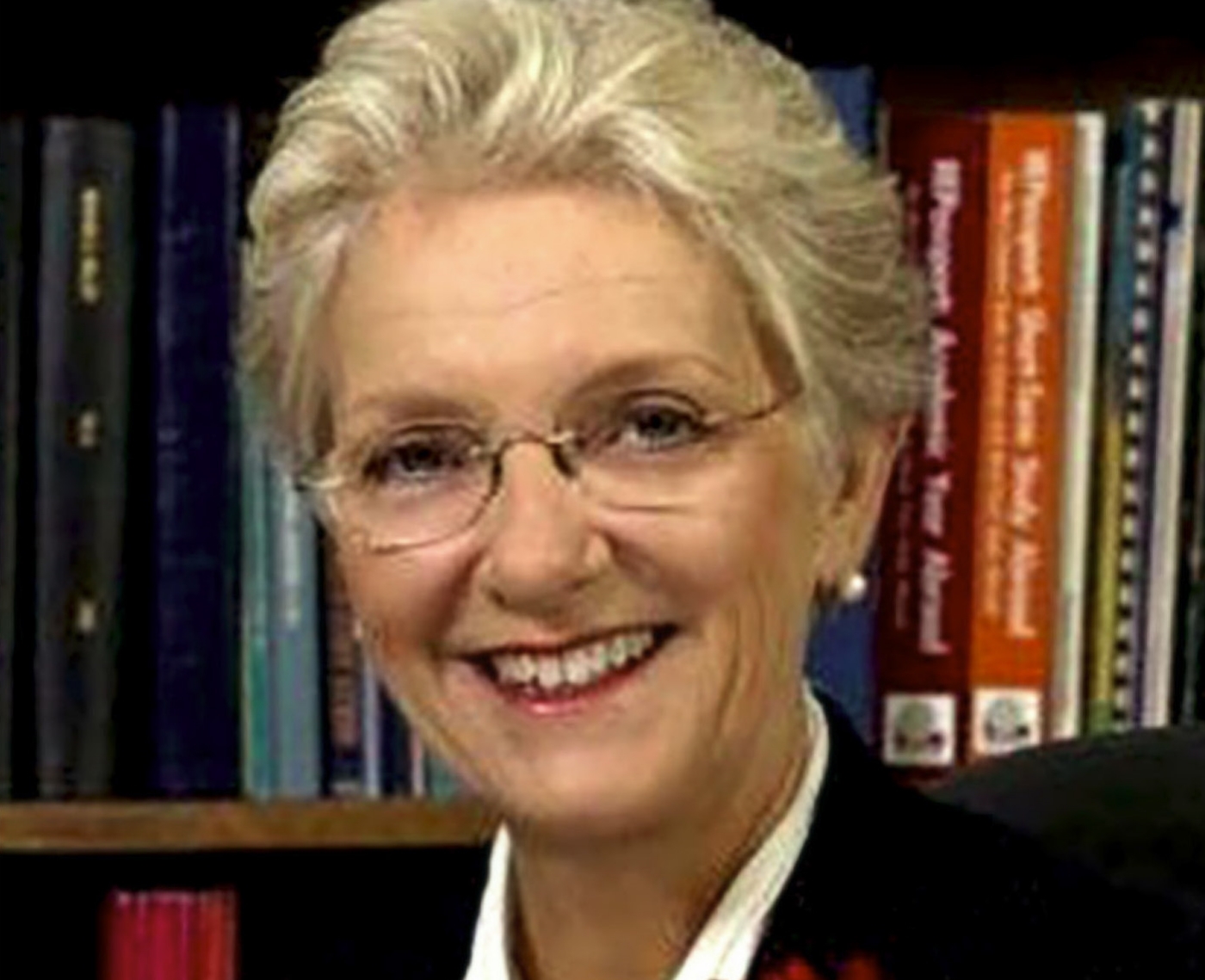Last month on the one-year anniversary of President Obama’s historic announcement to begin normalizing relations between the United States and Cuba, NAFSA: Association of International Educators announced the NAFSA Cuba Engagement Initiative, a new program designed to promote sustainable partnerships between U.S. and Cuban academic institutions. The planned initiative consists of two interconnected projects that will lead to sustainable academic partnerships and mobility between the United States and Cuba: the Cuba-U.S. Higher Education Dialogue Project; and the Educators for Cuba Campaign.
WASHINGTON – Last month on the one-year anniversary of President Obama’s historic announcement to begin normalizing relations between the United States and Cuba, NAFSA: Association of International Educators announced the NAFSA Cuba Engagement Initiative, a new program designed to promote sustainable partnerships between U.S. and Cuban academic institutions. The planned initiative consists of two interconnected projects that will lead to sustainable academic partnerships and mobility between the United States and Cuba: the Cuba-U.S. Higher Education Dialogue Project; and the Educators for Cuba Campaign.
[caption id="" align="alignnone" width="1400.0"] Marlene M. Johnson[/caption]
Marlene M. Johnson[/caption]
NAFSA’s Cuba-U.S. Higher Education Dialogue Project will provide on-going teaching and learning events for participants to gain insight about the Cuban and U.S. higher education landscape. In addition, NAFSA will provide travel grants for Cuban education leaders to attend the NAFSA 2016 and 2017 Annual Conferences and other international education events.
In conjunction with the Dialogue Project, NAFSA’s Educators for Cuba Campaign will provide advocacy leadership for those in higher education seeking to support the ongoing U.S.-Cuba normalization process and to end the U.S. embargo. NAFSA will also continue to partner with other organizations such as the American Association of State Colleges and Universities, the Latin America Working Group, Civitas Global Educational Services, the Washington Office on Latin America and Engage Cuba to mobilize political support for easing trade and travel restrictions with Cuba.
“As the U.S. and Cuban governments continue the historic process of normalizing relations, it is important that people and cultures that have been separated for more than 50 years have a structured and meaningful framework in which to engage and learn from each other,” said Marlene M. Johnson, NAFSA’s Executive Director and CEO. “International education and partnerships have always played an important role in building understanding and collaboration between nations, and we now have an opportunity to positively impact this historic process.”
The NAFSA Cuba Engagement Initiative redoubles NAFSA’s long-standing commitment to the use of academic exchanges and partnerships to build a more globally engaged United States and develop new opportunities for U.S. and Cuban international higher education leaders to collaborate. The program will complement NAFSA’s continued work with 100,000 Strong in the Americas, the NAFSA Latin America Forum and a decade of advocacy efforts.
“It’s important that this be a two-way dialogue and that the partnerships meet Cuban—not just U.S.—needs,” said Kevin Hovland, NAFSA Deputy Executive Director of Conference, Academic Programs, and Internationalization Services. “NAFSA’s Cuba-U.S. Higher Education Dialogue Project is centered on this mutual learning and respect for what both countries’ higher education institutions have to offer.”
Activities related to NAFSA’s Cuba Engagement Initiative will begin in 2016. NAFSA’s annual Advocacy Day, scheduled for March 14 and 15, will focus on urging Congress to lift the embargo and travel restrictions. Several high visibility events are already planned for the NAFSA 2016 Annual Conference in May, including several integrated sessions.
“Although the Obama Administration has done as much as possible to restore academic exchanges, the embargo still impedes educational partnerships and innovative research collaboration,” said Jill Welch, NAFSA Deputy Executive Director for Public Policy. “Ultimately, Congress needs to act to lift the remaining travel and trade restrictions if we are to truly utilize education as one of the greatest foreign policy and economic tools at our disposal. By coordinating efforts amongst higher education stakeholders, NAFSA aims to create the tipping point needed to reverse the embargo.”